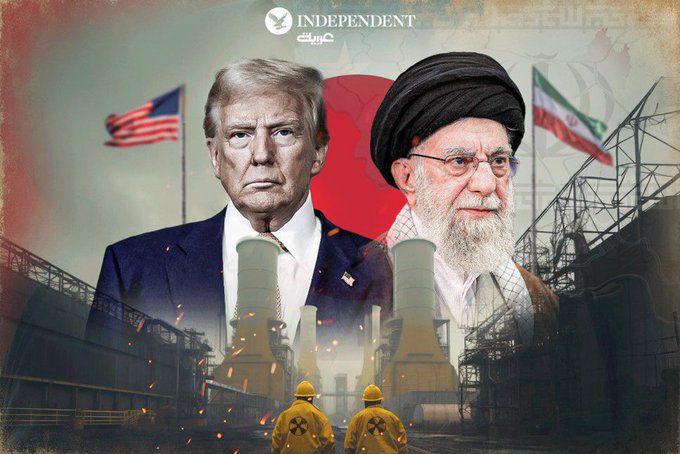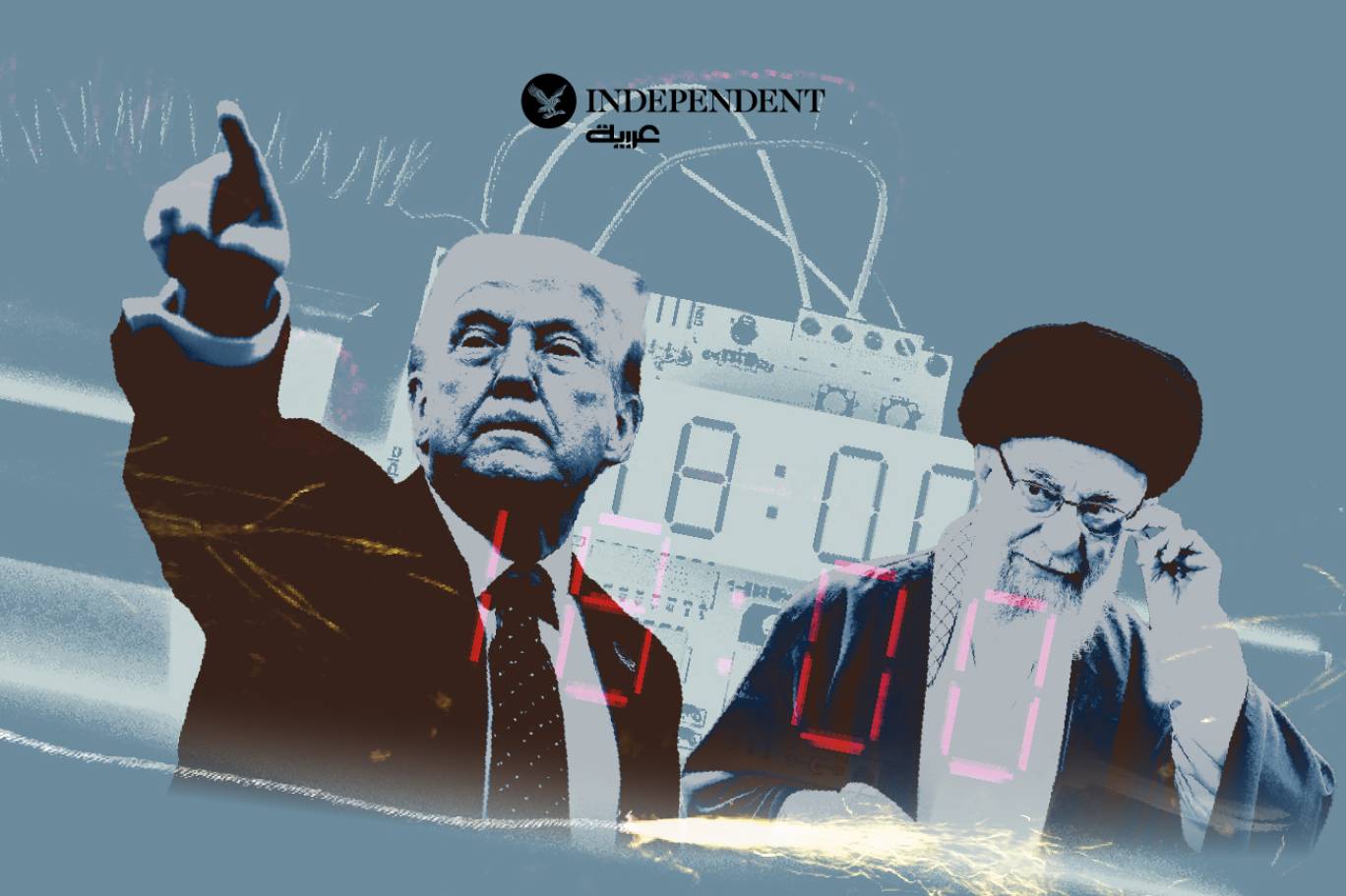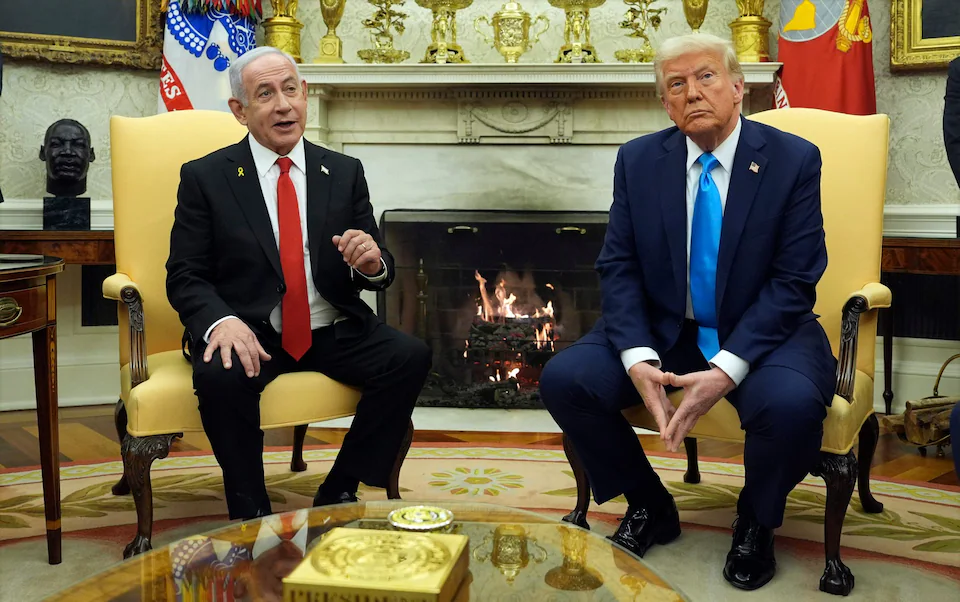The world is undeniably close to learning whether Iran can yet again out-negotiate and out-last feckless Western politicians and save its nuclear-weapons program. On June 5, Donald Trump said(https://www.axios.com/2025/06/04/iran-nuclear-deal-trump) Iran was “slow-walking” nuclear negotiations with the United States. His two-month time limit to the Ayatollah Khamenei has either expired already or soon will(https://www.axios.com/2025/03/19/trump-letter-iran-nuclear-deal).
The moment of decision is near, but there is no credible evidence which way Trump will go. Is he prepared to accept Israel using force against Iran’s nuclear program, either acting alone or alongside the United States? Or will we see another episode of what Wall Street calls the “TACO trade”: Trump Always Chickens Out? At this point, not even Trump knows the answer.
He may hope to proclaim he has produced a better nuclear deal than Barrack Obama’s flawed 2015 agreement, but this is a risky domestic gambit. Trump faces palpable political vulnerability if he agrees to something that looks, in substance, like Obama’s deal, permitting Iran to continue any uranium-enrichment capability, let alone one as large and sophisticated as Tehran has already developed. Indeed, if Iran were allowed to do so under whatever guise, including an “international consortium,” Trumpian claims of outdoing Obama and actually stopping Tehran’s drive for nuclear weapons will be immediately exposed as false.
This risk to Trump of appearing to “chicken out” to Iran is just as high even if an agreement is disguised as “interim,” or “time limited” or qualified in any cosmetic way. A poorly camouflaged deal is so intellectually dishonest that, when inevitably discovered, the political damage to Trump would be extensive and lasting. Trump’s “zeal for a deal” has already united congressional Republicanshttps://jewishinsider.com/2025/05/most-congressional-republicans-insist-on-no-enrichment-for-iran/), notably tame on almost every other issue, against allowing Iran any enrichment capabilities. Trump says repeatedly he doesn’t want to see force used, but he will soon have no choice, given his own framing of the Iran issue, let alone political and military reality.
Middle Eastern oil-producing states are reportedly working quietly to facilitate a US-Iran deal. Of course, Gulf Arab states would respond affirmatively if asked whether they prefer seeing Iran’s nuclear-weapons program ended peacefully. But in real-world terms, they are confronted by a different question. If they must face the risk of hostilities with Iran, would they prefer to do so before Tehran possesses deliverable nuclear weapons, or after? Understood fully, there is only one correct answer, unless Gulf Cooperation Council members wish to live in Tehran’s nuclear shadow, or to launch full-scale efforts to achieve nuclear-weapons status, precipitating an arms race in which they start far behind
Unsurprisingly, Arabian Peninsula leaders have indicated their worries that, given Tehran’s bizarre worldview, they might be targets of Iranian retaliation should Israel and/or America attack the nuclear program. The United States also worries that its deployed forces in the Middle East are possible targets, and that Iran’s support for international terrorists and murder-for-hire criminal efforts might also be expanded. Israel need not speculate. Tehran and its terrorist proxies, particularly Hezbollah, will try to strike Israel, in whatever way they can.
But assessing possible Iranian retaliation means more than simply listing measures the ayatollahs can take. So doing affords all manner of possible threats a level of credibility that only plays into Iran’s hands. Right now, Iran is in its weakest geostrategic position since the 1979 Islamic Revolution. Its terrorist surrogates Hamans and Hezbollah have been battered, if not yet fully destroyed; Syria’s Assad regime has fallen; the Houthis are at least damaged; and Iran itself has sustained catastrophic losses to ballistic-missile production facilities and some damage to its nuclear program.
Is a country already in such dire straits really prepared to add as many as four-to-six new enemies, risking the survival of the regime itself, which is already under enormous threat internally and externally? In short, Iran’s threats sound decidedly hollow. In any case, American and Gulf Arab interests coincide, arguing for Washington to meld both its defensive and its deterrence strategies against Iran with interested GCC members, and legitimate for Gulf Arabs to be included in US protective measures for military forces in their territories.
Many believe Israel will not act decisively against Iran’s nuclear program without explicit US approval. This is incorrect. As a geographically small nation, like Singapore and most GCC states, Israel knows that nuclear weapons are an existential threat: just a few nuclear detonations, and there is no more Israel. Jerusalem acted without Washington’s blessing against Iraq in 2001; Iran and Syria in 2007; and against one facility of Tehran’s nuclear-weapons enterprise (never inspected by the IAEA) at the Parchin military base in 2024. Faced with Iran’s existential threat, Israel will do what it must, Bibi Netanyahu in particular understands the American saying, “better to ask for forgiveness than for permission.” And if the Israelis fail to act, they will have only themselves to blame.
This article was first published in The Independant Arabia on June 11, 2025. Click here to read the original article.



